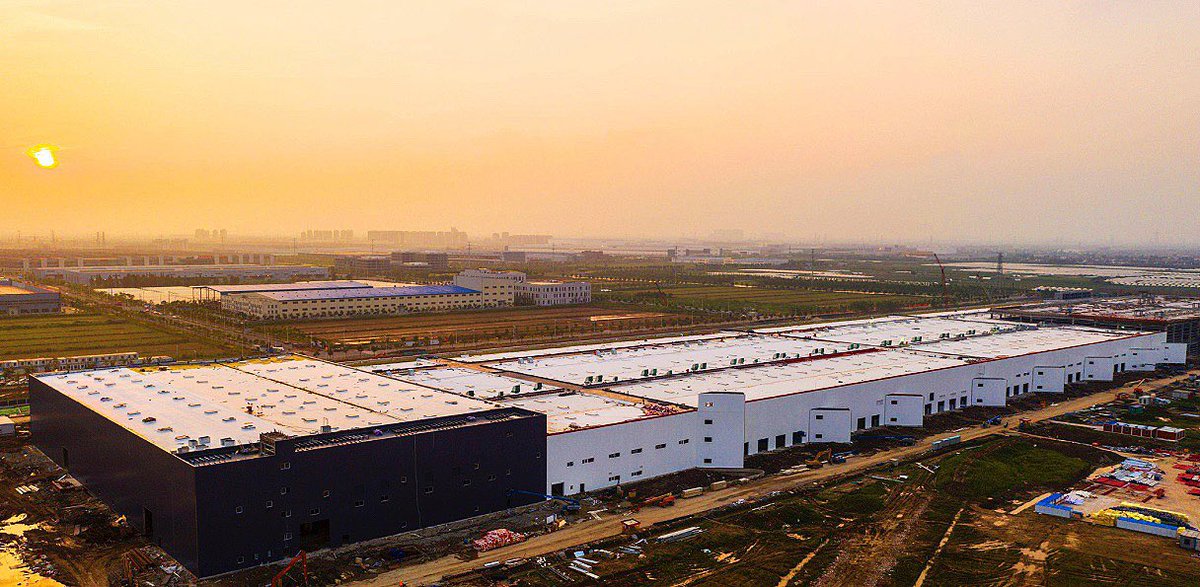
Tesla’s Gigafactory 3 in Shanghai (File photo: China news photo network)
China’s actual use of foreign capital increased by 18.7 percent in August on an annual basis. This is a commendable achievement amid the spread of the COVID-19 pandemic, and the continued downturn in transnational investment.
“No matter how complex and changeable the external environment is, China will keep on improving the marketization, legalization, and internationalization of the business environment, so that foreign investors are willing to come, stay, and develop,” said Zong Changqing, Director of the Department of Foreign Investment Management of the Ministry of Commerce.
In the Doing Business Report 2020 released by the World Bank, China has risen from 78th in 2018 to 31st in 2020, ranking among the top 10 economies with the fastest improvement in the global business environment for two years. From 2017 to 2019, amid the continuous decline in global transnational investment, China has ranked second in the world in attracting foreign investment.
“China continues to optimize the business environment, and creates more convenience for transnational pharmaceutical companies to take root in China. AstraZeneca will continue to increase its business layout in China,” Global Executive Vice President and International Business and China President of AstraZeneca Wang Lei said.
More and more foreign investors are sharing China’s development opportunities. Last year, Samsung completed the construction of the second phase of the $15 billion flash memory chip project in Xi’an, BASF’s Zhanjiang $10 billion petrochemical project was officially launched, and Tesla’s $7 billion Shanghai Gigafactory started, put into production, and delivered. This year, the third plant of Shenyang BMW and the Huizhou Exxon Mobil petrochemical complex started.
According to data from the Organization for Economic Cooperation and Development (OECD), China lifted restrictions on foreign investment rapidly since 2013, which is one of the largest among major economies.
From 2017, China has revised the negative list of foreign investment access for four years in a row, reducing the list of entries from 93 to 33, and granting national treatment to foreign investment outside the negative list.
“The cancellation or relaxation of each negative list item means a more open field, which will bring related foreign capital inflow,” said Cui Fan, a professor at the School of International Economics and Trade at the University of International Business and Economics.
A report released by the EU Chamber of Commerce in China on June 10 said 65 percent of surveyed members regard China as the most important, or one of the top three investment destinations.
(Compiled by An Bowen)


